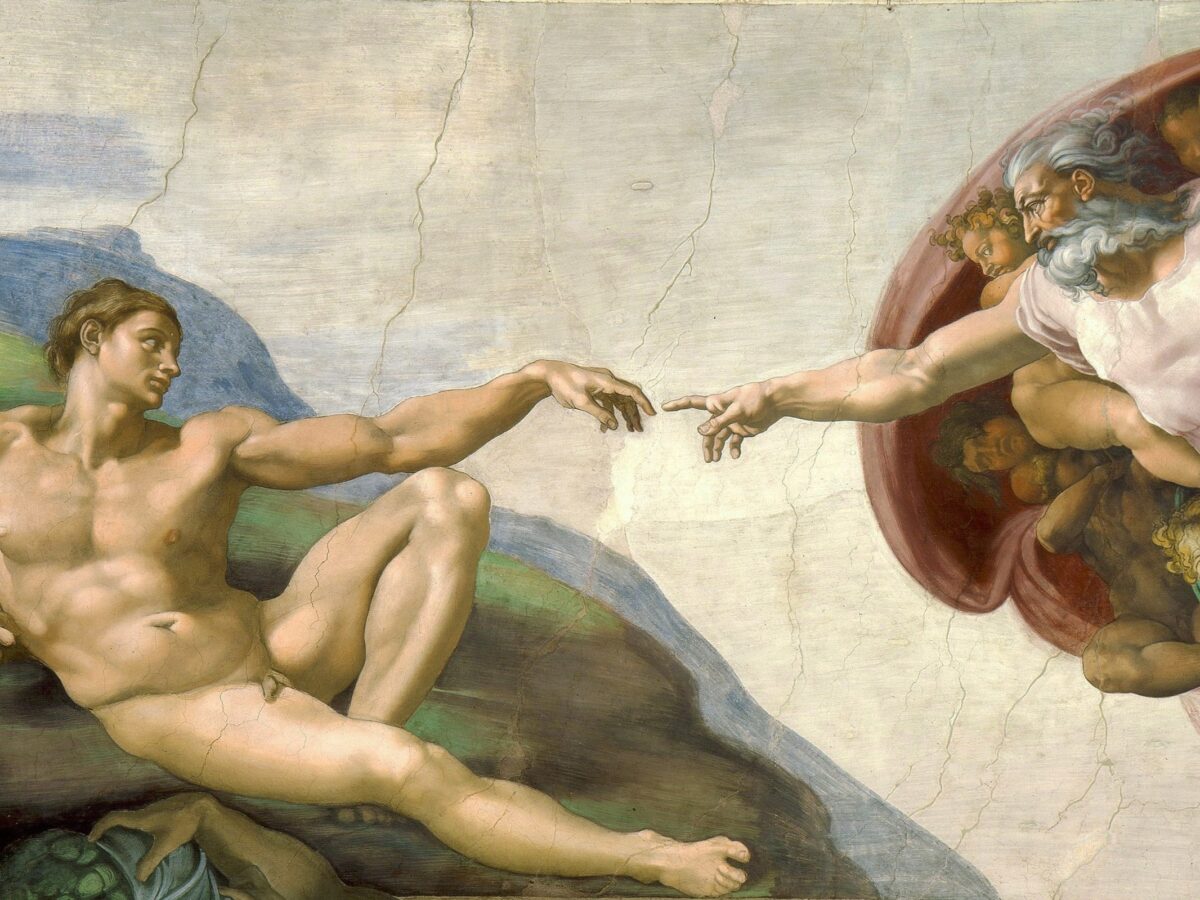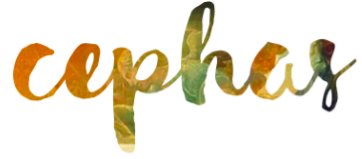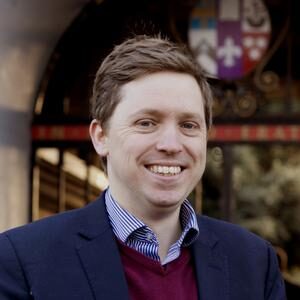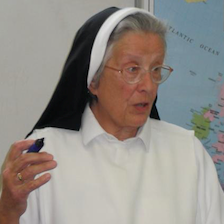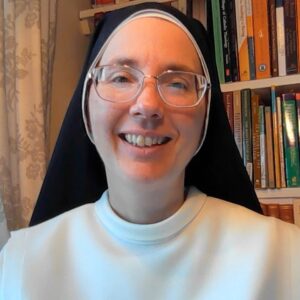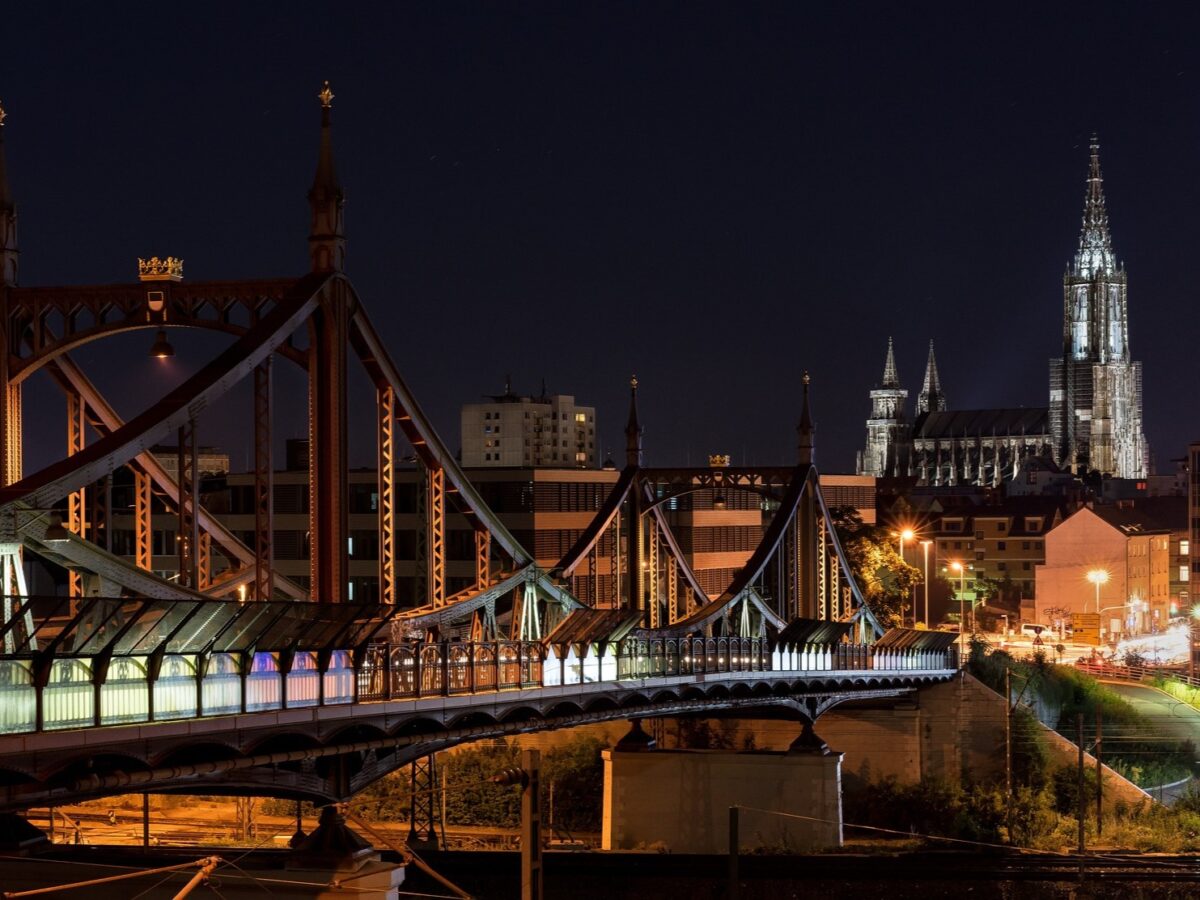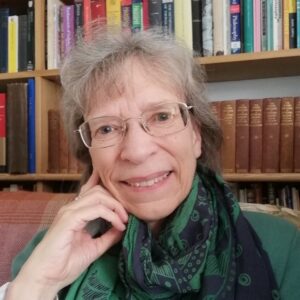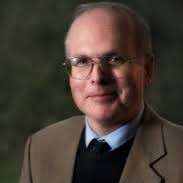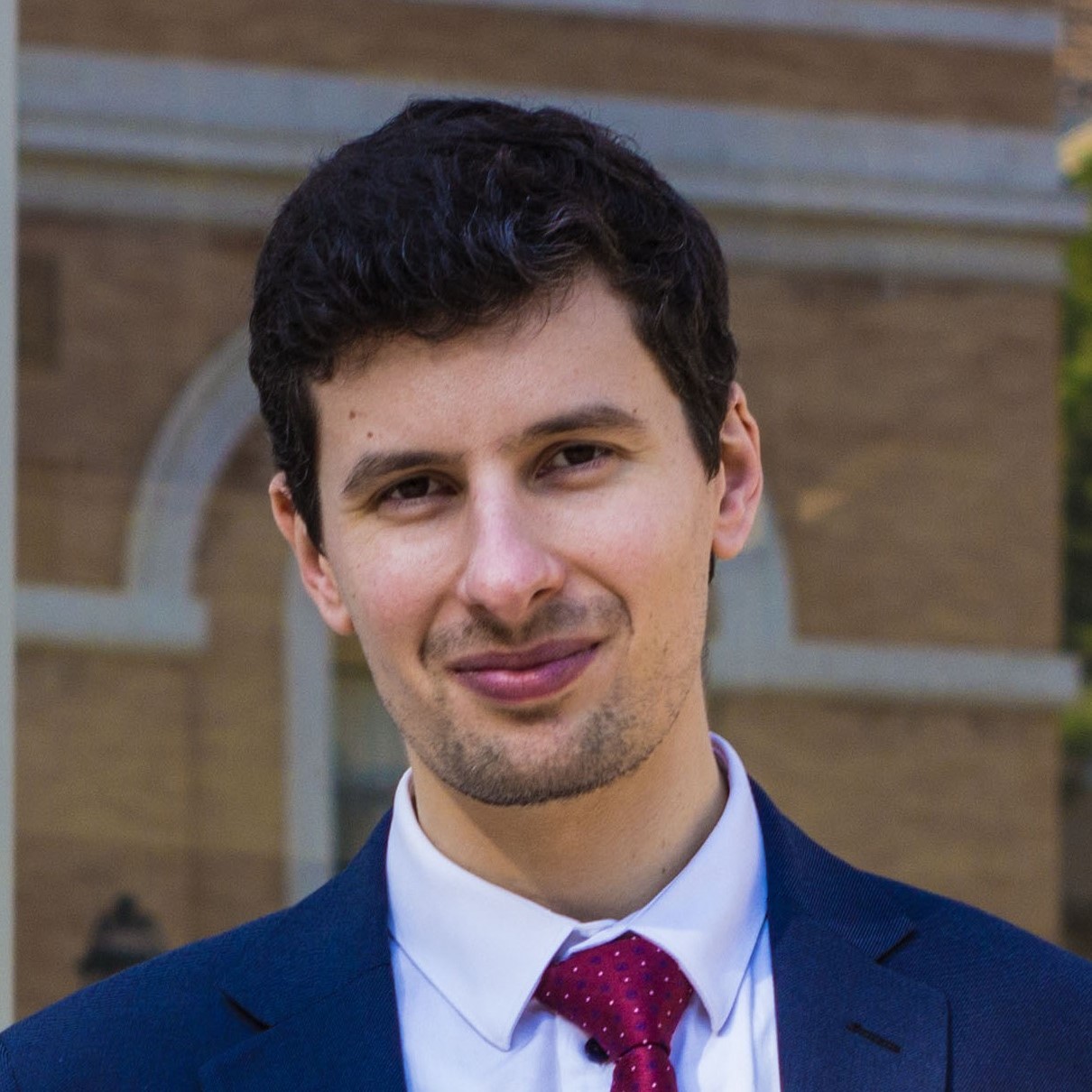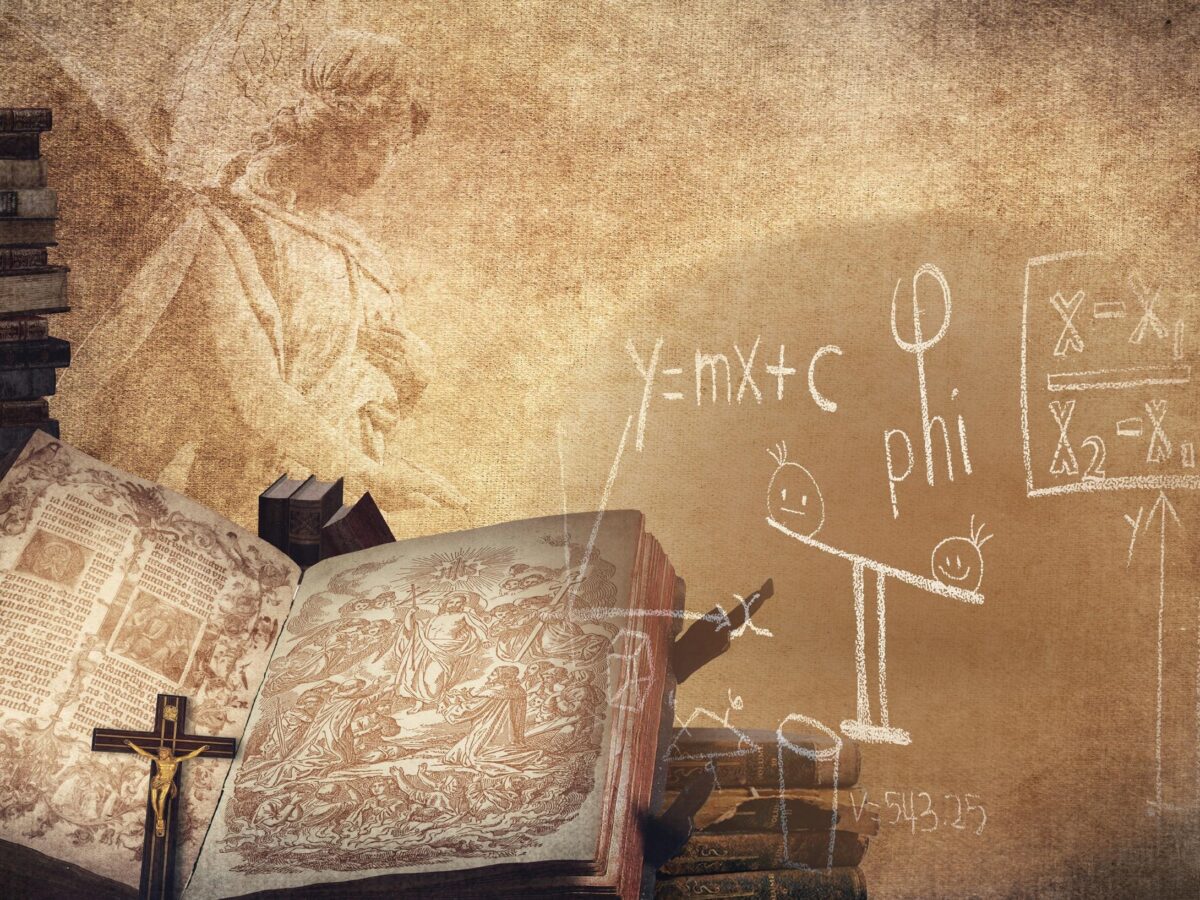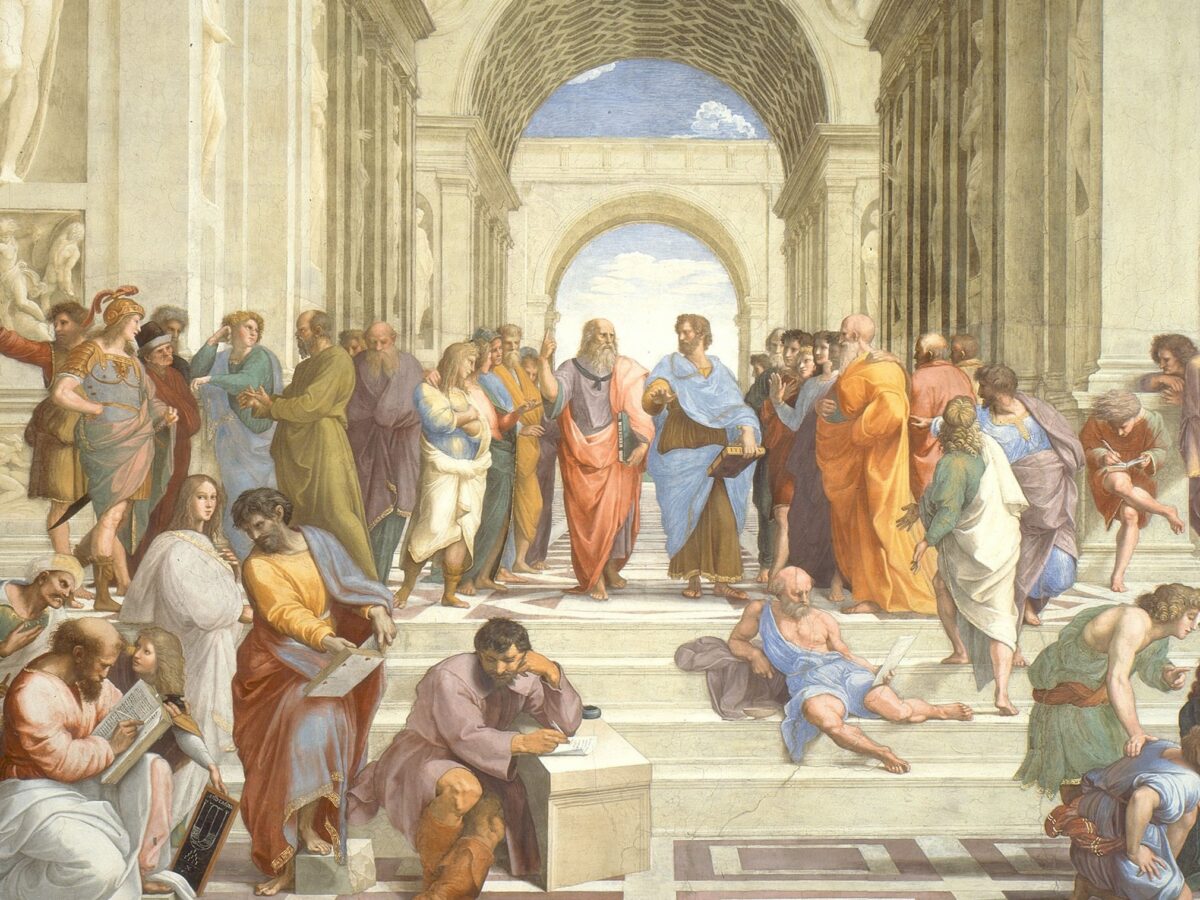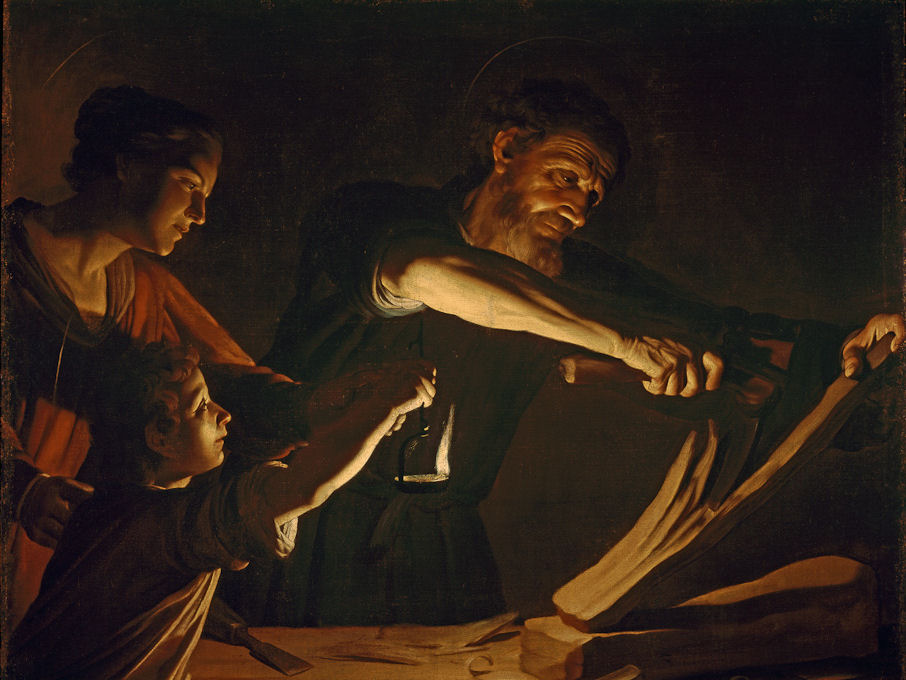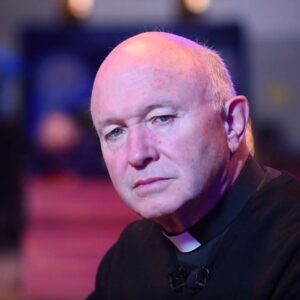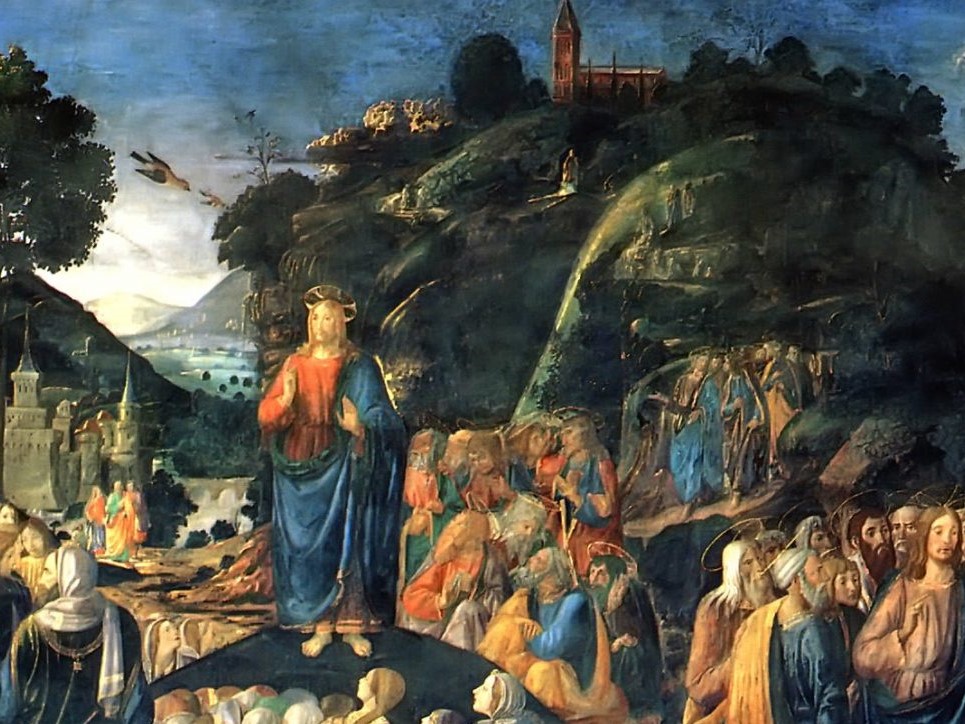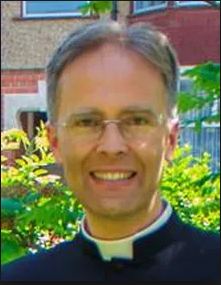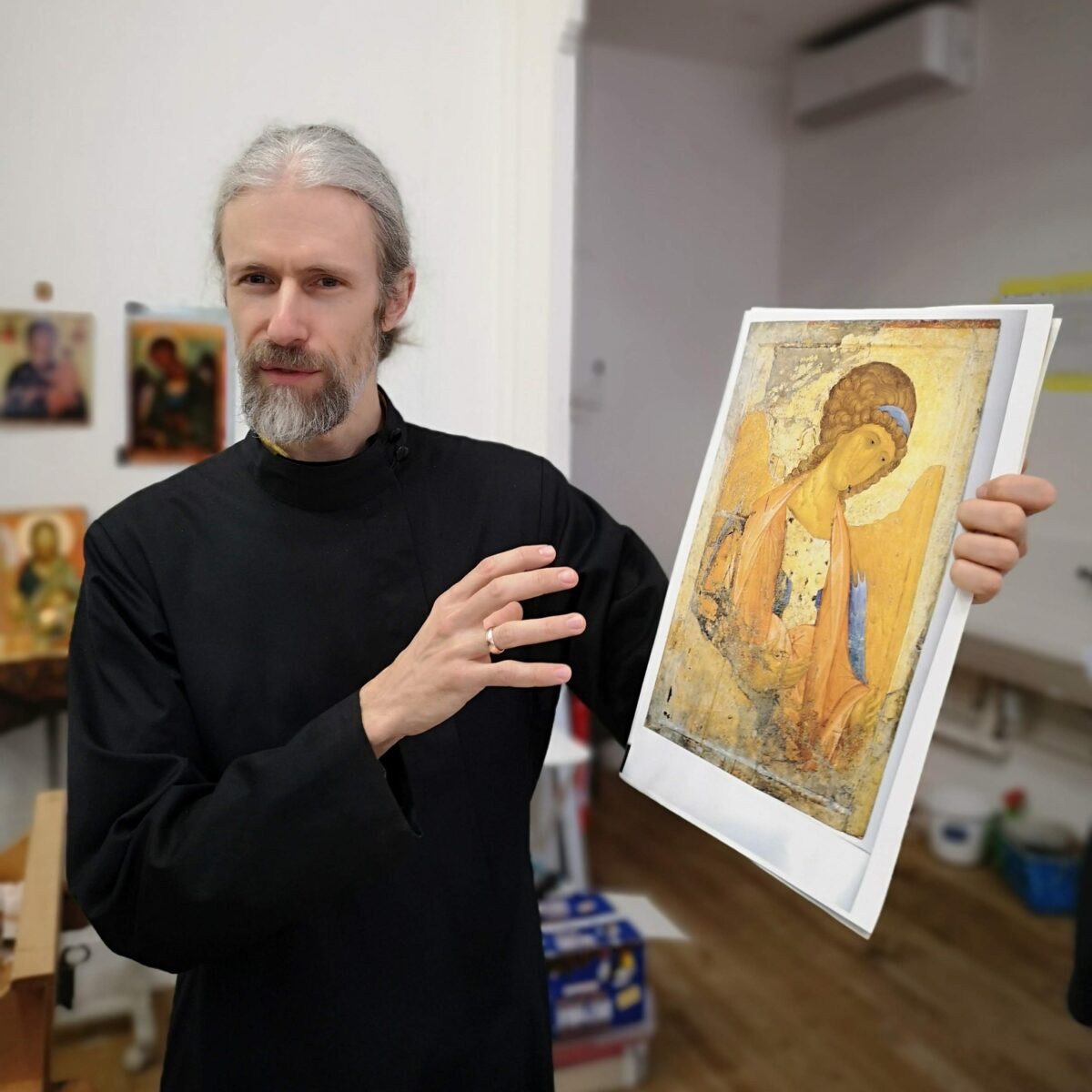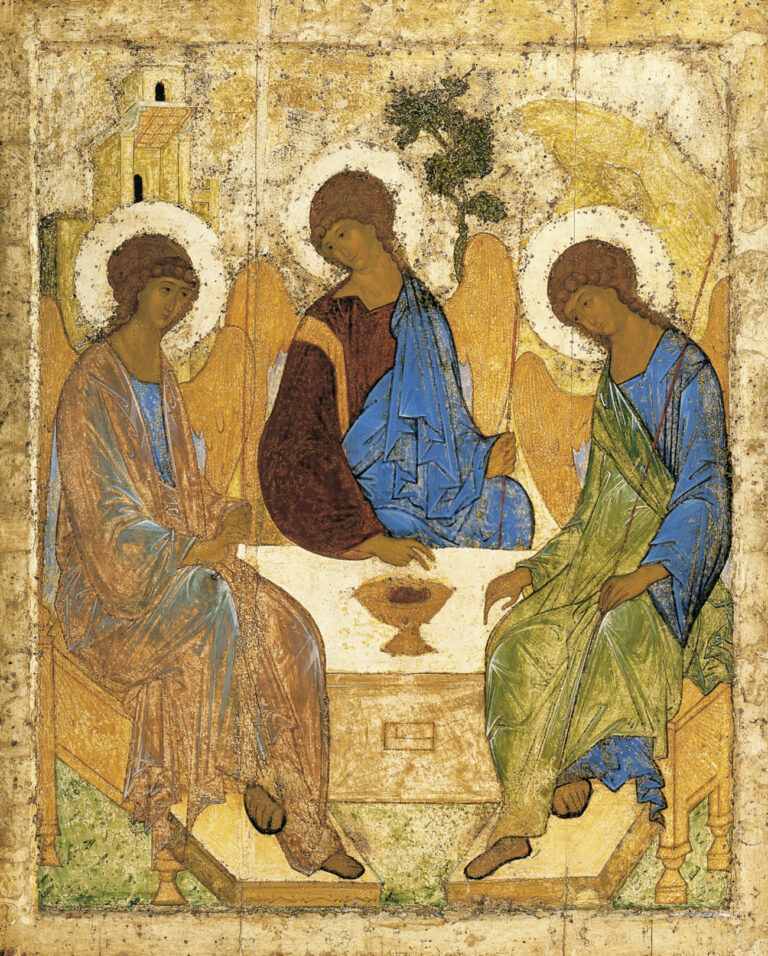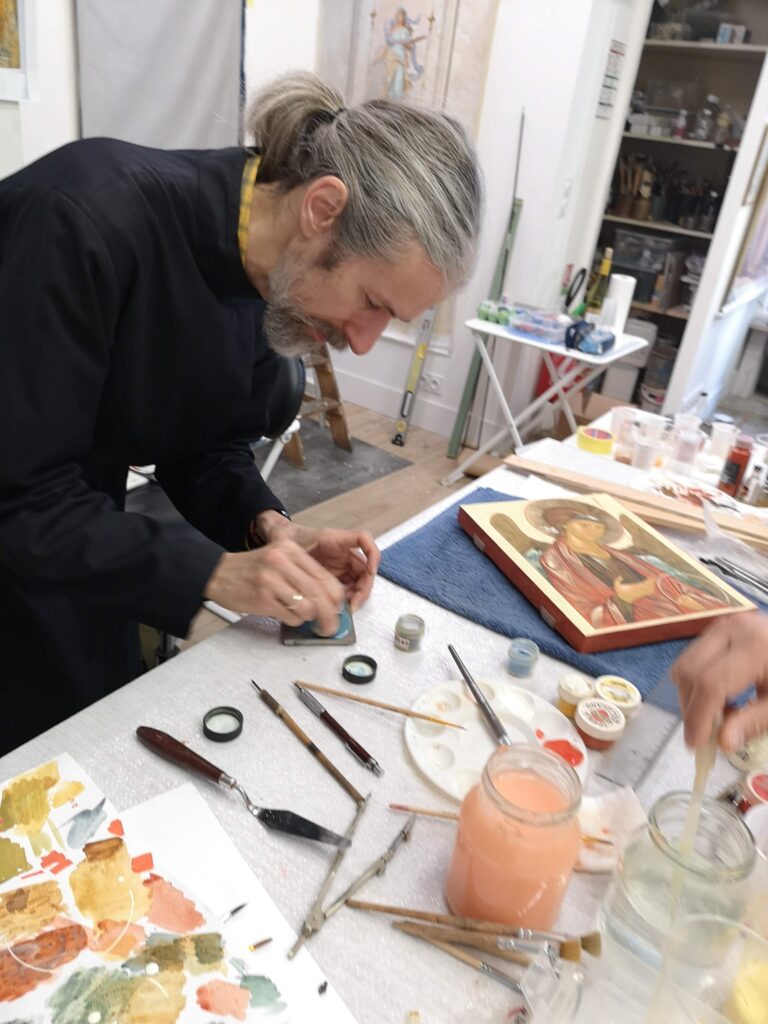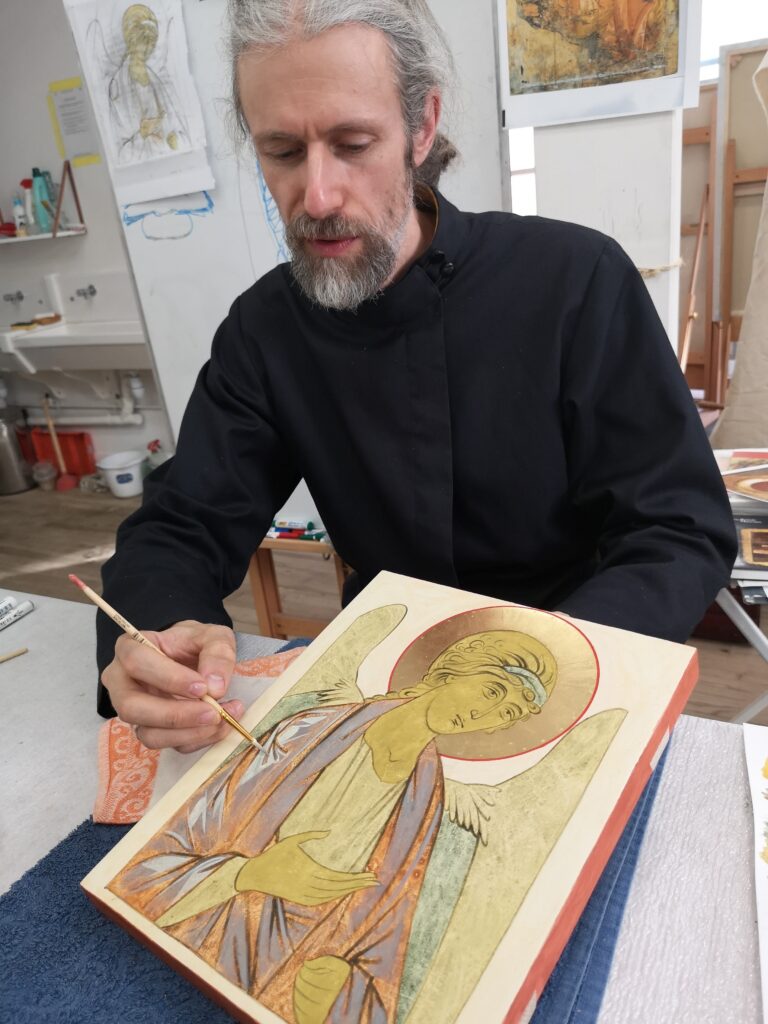19th September 2022
Saint Theodore: a Bishop for our times
Today is the memorial of St Theodore of Tarsus, the namesake of the home of the Christian Heritage Centre. But what else do we know about his life, and what lessons should Catholics take from it?
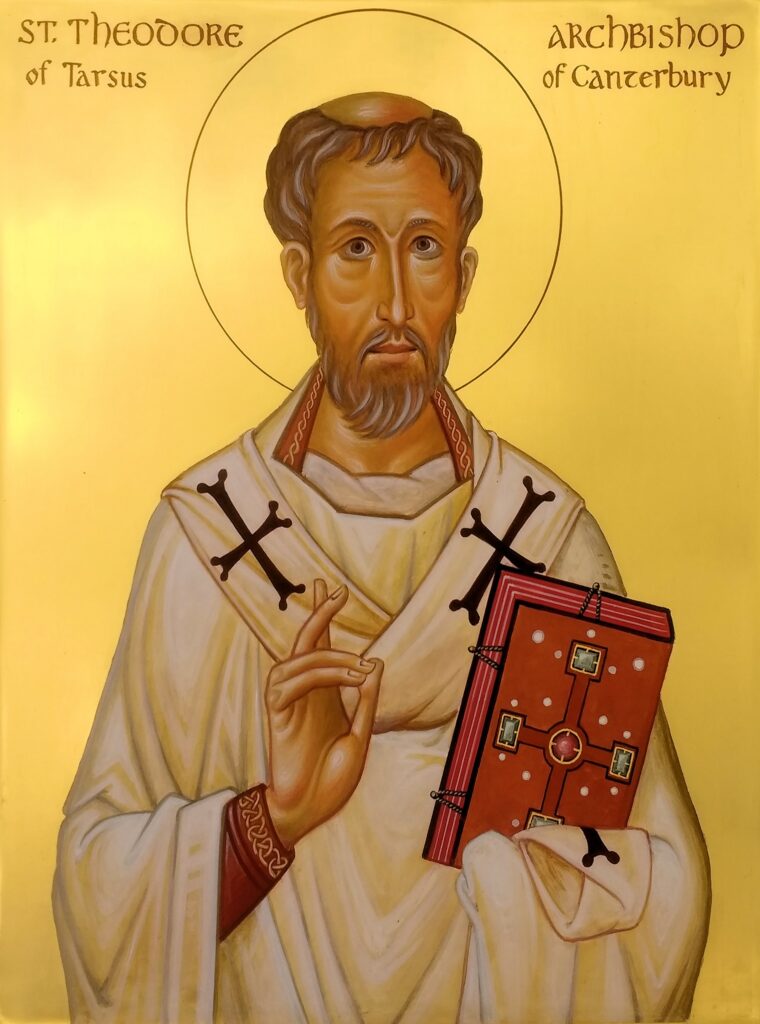
St Theodore was born in around 600AD in Tarsus, now part of Turkey, but which was then a predominantly Greek settlement in the Byzantine Empire. His studies took him first to Constantinople, and later Rome, where he initially planned on becoming a monk. However, his plans changed when in 669, he was appointed Archbishop of Canterbury.
The Church that St Theodore found on his arrival in England had many problems. The dioceses were too large and many did not have bishops in their posts. St Theodore revitalised the Church, visiting all the dioceses of England, and appointing bishops to vacant sees. He managed to reconcile clergy who had fallen out, and held the first synod for the entire province of Canterbury. After his death in 690, St Bede wrote that St Theodore was “the first archbishop whom all the English obeyed”.
St Theodore’s life exemplified the call for unity among Christians. He had travelled all the way across Europe from Tarsus to Canterbury. But during this time, St Theodore was always part of the same “Catholic and Apostolic Church” affirmed each Sunday in the Creed. Moreover, St Theodore had managed to end to the divisions that had plagued the Church. Through this and more, St Theodore truly lived to St Paul’s command to the Galatians that “all one in Christ Jesus”.
In 2017, work began on renovating a derelict mill owned by Stonyhurst College in Lancashire. When the building was completed in 2019, it was given the name Theodore House. One reason for this was the donation made to The Christian Heritage Centre by the Theodore Trust of over £2 million, with which the Trust made its final bequest and closed down. This donation effectively gave wheels to the Old Mill project (no pun intended), breathing life into the carefully drawn-up plans. Given the charity’s intention of making use of the new building to help revitalise the Christian faith in our country, as well as St Theodore’s relevance to England and his veneration by Orthodox, Catholic and Anglicans alike, the name seemed all the more fitting.
Opened in February 2019 by Lord Nicholas Windsor, Theodore House not only hosts the charity’s courses, conferences and retreats, but it also provides facilities for bed and breakfast, as well as space for private functions.
We ask for his intercession for the future of the Christian Heritage Centre and for the future of the Catholic Church in England & Wales.
St Theodore, pray for us!
Source: The Catholic Encyclopaedia/New Advent

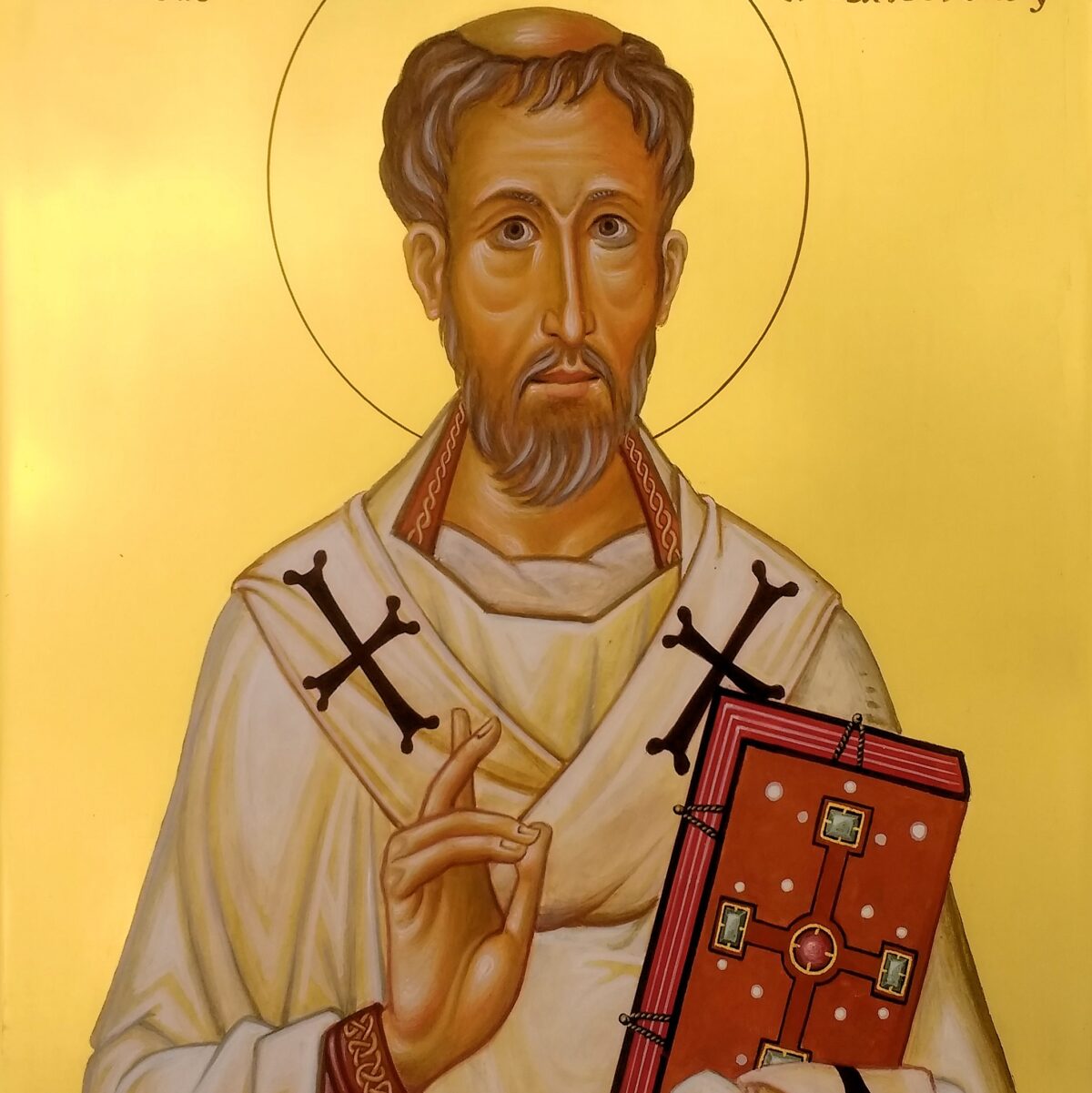
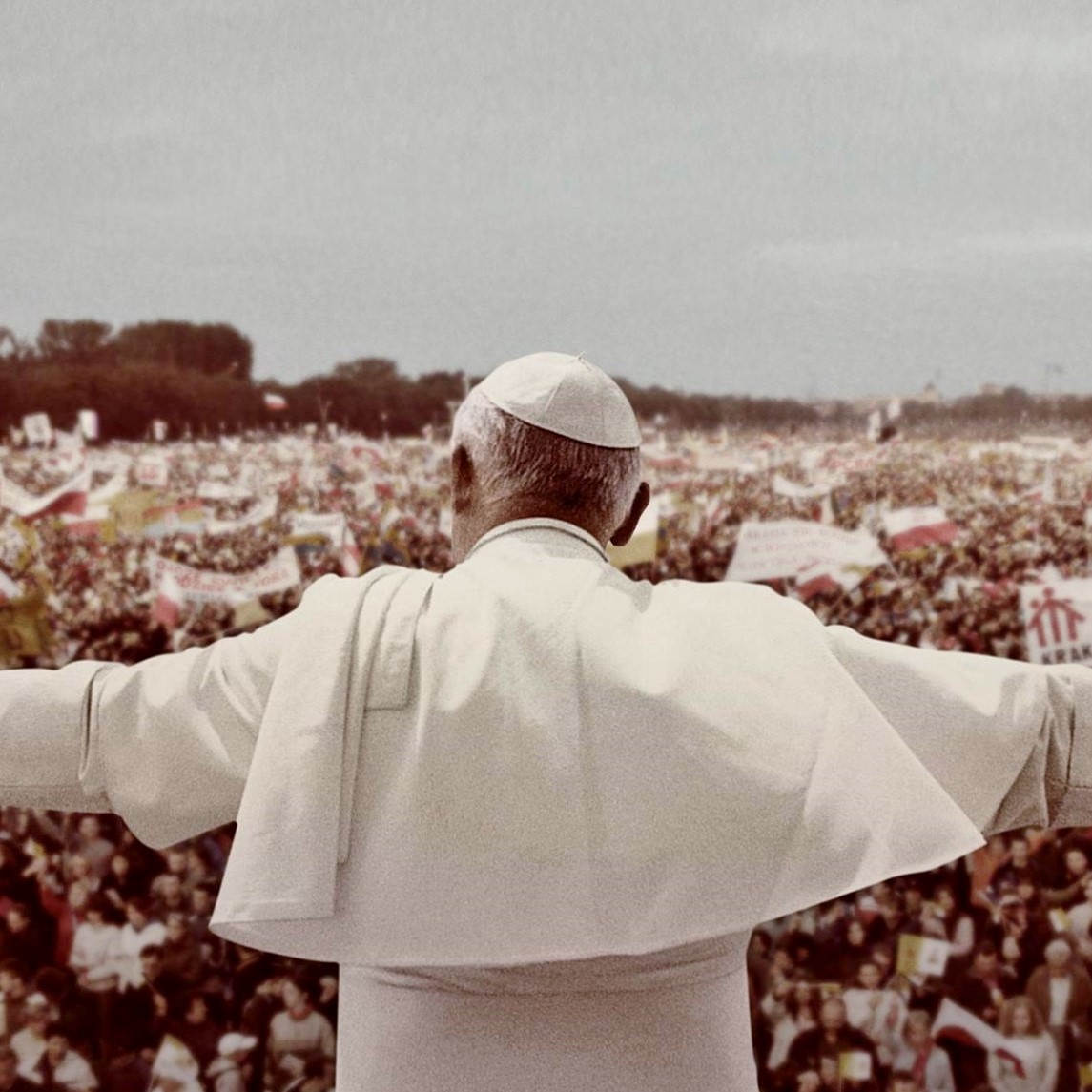
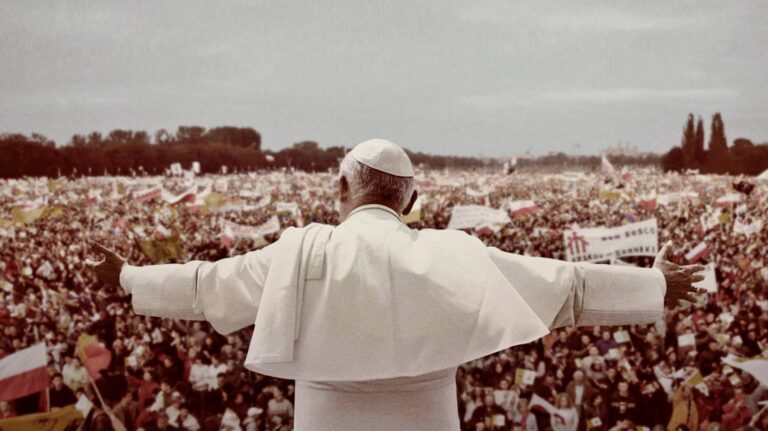
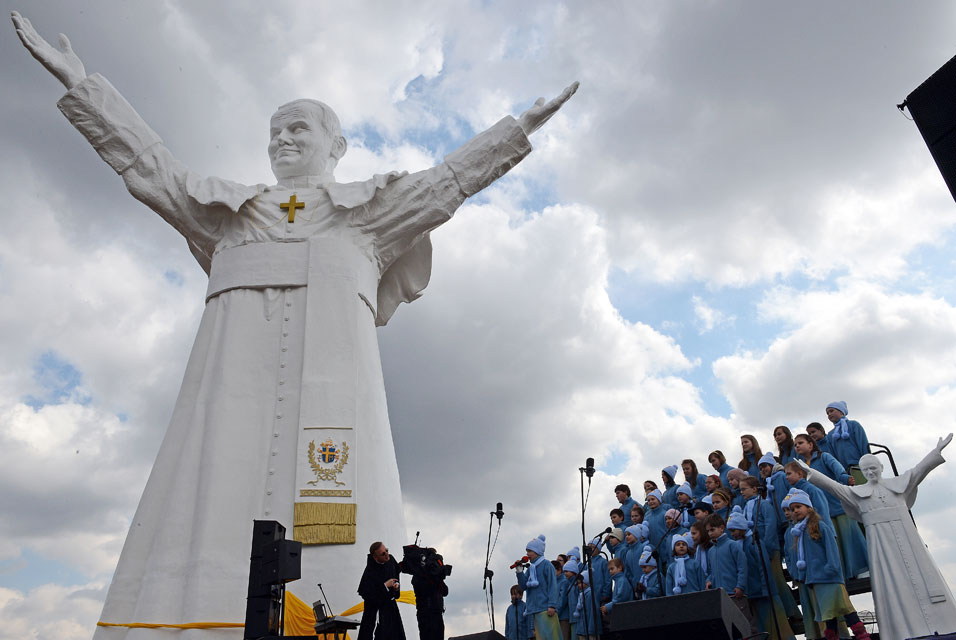
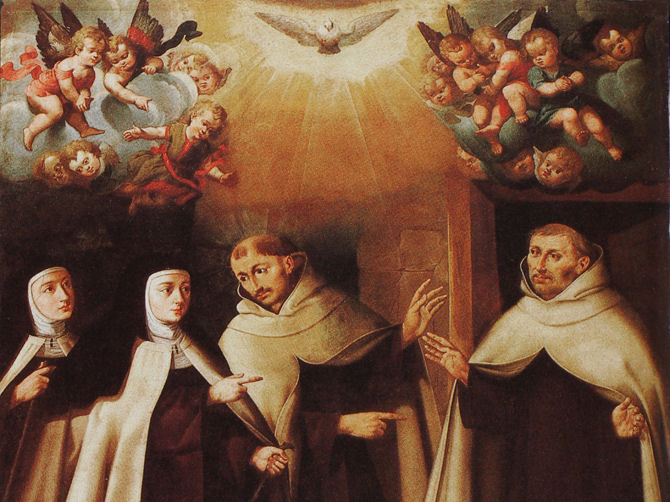
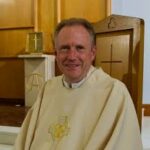 Retreat Master: St John of the Cross & St Teresa of Avila
Retreat Master: St John of the Cross & St Teresa of Avila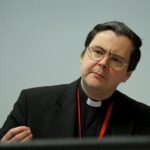
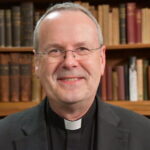 Retreat Master: St Therese of Lisieux
Retreat Master: St Therese of Lisieux